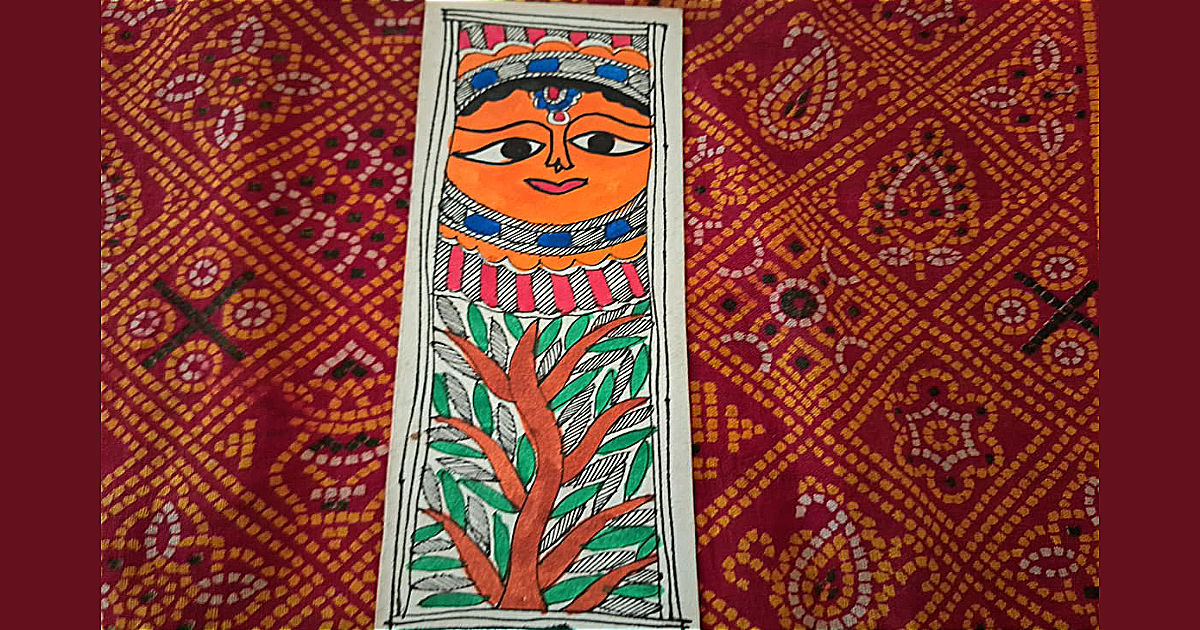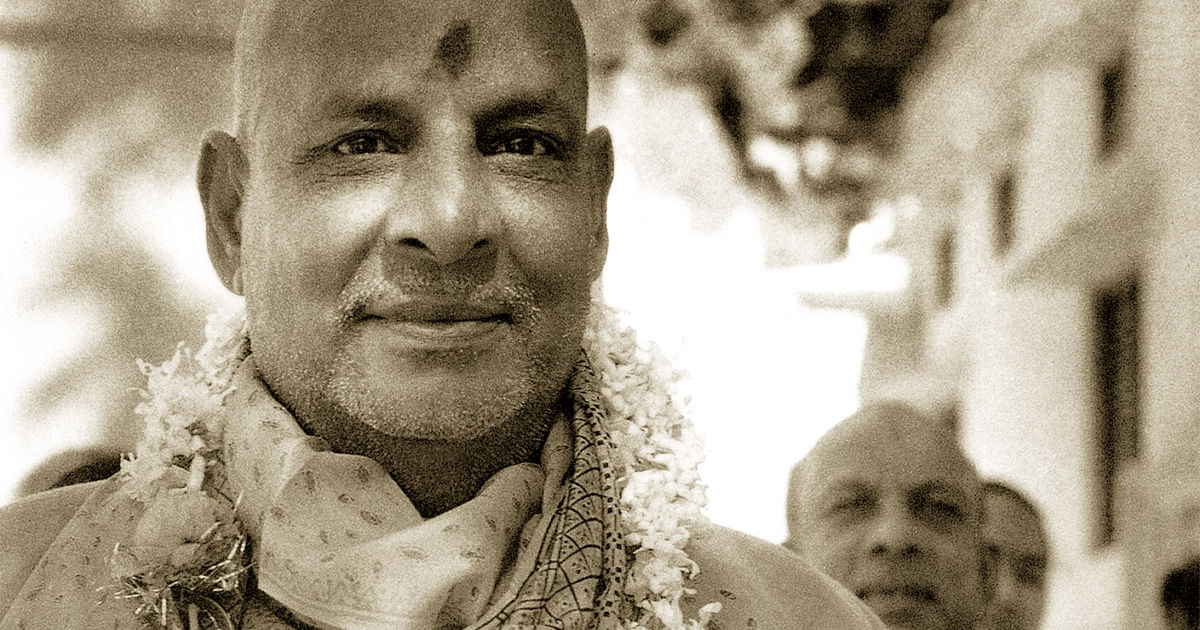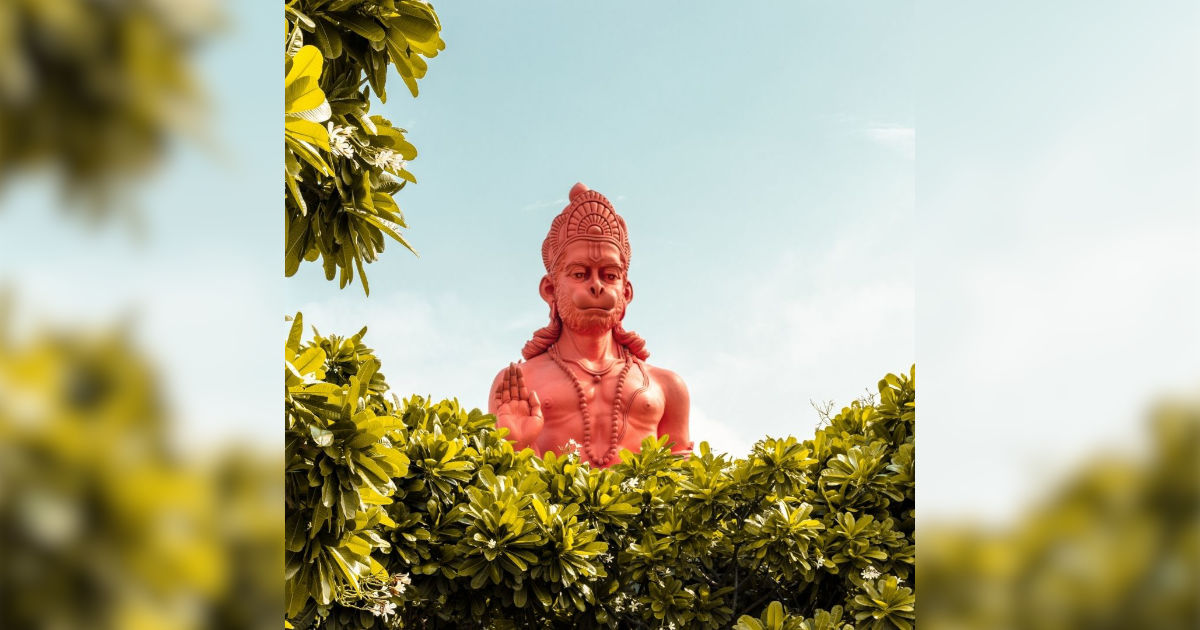The Temple of Nature: Rig Veda
Nature’s beauty is an act of God
Let us feel the touch of God’s invisible hands.
In everything beautiful
By the first touch of his hand,
Rivers throb and ripple
When He smiles the sun shines,
The moon glimmers, the stars twinkle,
The flowers bloom
By the first ray of the rising sun
The universe is stirred,
The shining gold is sprinkled
On the smiling buds of rose;
The fragrant air is filled
With sweet melodies
Of singing birds.
The Dawn is the dream of
God’s creative fancy.
Chandogya Upanishad 1.10 & 1.11














